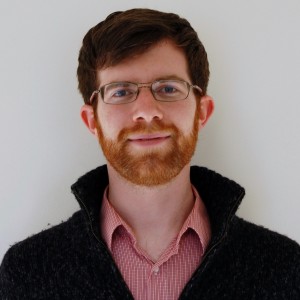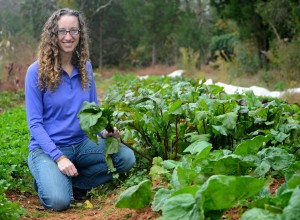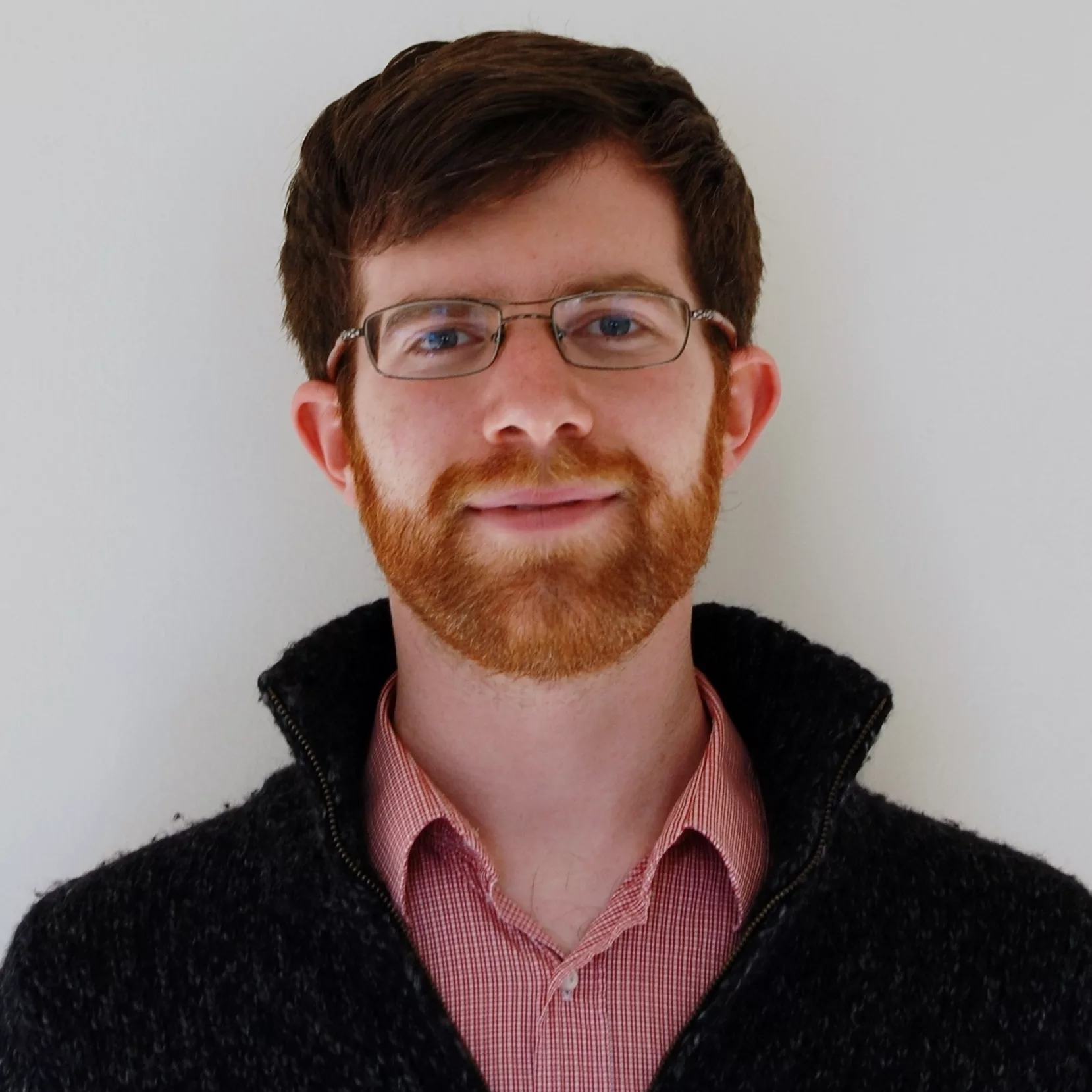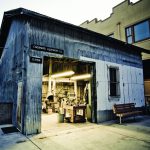How Gift Capital Can Catalyze Even For-Profit Social Enterprises
by Alex Haber
 Gift is an often overlooked form of social capital—yet it can make an enormous difference in the success of a social enterprise, in terms of both its community benefits and its economic health. This is true of for-profit as well as nonprofit social enterprises.
Gift is an often overlooked form of social capital—yet it can make an enormous difference in the success of a social enterprise, in terms of both its community benefits and its economic health. This is true of for-profit as well as nonprofit social enterprises.
In the Philanthropic Services department at RSF Social Finance, where I work, our purpose is to cultivate gift as the source of economic life. This purpose shows up in many ways, as we work to underscore how gift is used not only in charitable activities, but also in market-driven ones. Our Program Related Investment (PRI) platform, for example, pools charitable dollars from foundations and lends them to catalytic enterprises working in sustainable food and agriculture. We find that this can have far-reaching effects.
Eastern Carolina Organics (ECO), one of our PRI program borrowers, provides an excellent case study. Our PRI investment is not the only place that the power of gift shows up in the story of this for-profit enterprise. In fact, its first funding came in the form of a grant, and the spirit of that initial gift has rippled through its success and its business model.
ECO was founded in 2004 to support emerging organic farmers and organic tobacco growers while improving the supply of local organic produce. In the last ten years, ECO has grown almost four-fold, and is now working with over 40 growers and over 100 customers. By working as an intermediary between organic growers and customers, including retailers and farm-to-table restaurants, ECO provides a steady supply of high-quality, seasonal, local, organic produce while creating stability for farmers and efficiency for buyers. Since ECO is a largely farmer-owned enterprise, the farmer-owners have a level of commitment to the business that allows ECO to feel confident in future sales and provide support in a way that is also responsive to the demands of the market.
 In 2004, though, ECO was just an experiment. Sandi Kronick, ECO’s co-founder, felt confident that the business model could work, but she didn’t want to ask farmers to invest in an untested enterprise. Instead of seeking start-up financing in the form of debt, she applied for a grant from the Tobacco Trust Fund Commission with the help of a nonprofit partner, the Carolina Farm Stewardship Association. The Commission’s mission is to support the economic livelihood of current and former tobacco farmers, and ECO served just that purpose.
In 2004, though, ECO was just an experiment. Sandi Kronick, ECO’s co-founder, felt confident that the business model could work, but she didn’t want to ask farmers to invest in an untested enterprise. Instead of seeking start-up financing in the form of debt, she applied for a grant from the Tobacco Trust Fund Commission with the help of a nonprofit partner, the Carolina Farm Stewardship Association. The Commission’s mission is to support the economic livelihood of current and former tobacco farmers, and ECO served just that purpose.
Sandi hoped that ECO could prove that organic produce could be the “new tobacco” for North Carolina agriculture, and not just a passing fad. But she knew that to demonstrate this, ECO would have to operate as a market-driven business and not as a charitable endeavor. On this point, the grant application to the Tobacco Commission was explicit: if the model worked, ECO would seek to incorporate as a for-profit, farmer-owned company at the end of the one-year grant term. The application was successful, and ECO received a modest grant of $48,000 (most of the other Tobacco Commission grants were in the six-figure range). In retrospect, Sandi says, that relatively small grant was a blessing: “Because the gift was small, we came into it with humble goals, and a humble sense of our ability to achieve those goals. We didn’t know if this was going to work.”
In that first, grant-funded year, ECO ended with an $11,000 margin. Seeing that the model would work, the enterprise incorporated in 2005 with 13 farmer-owners and two manager-owners. There were many reasons ECO chose to incorporate as a for-profit enterprise. Perhaps most importantly, a for-profit model with farmer ownership at its core demonstrated to farmers that this was a sustainable way to make a living, which in turn created a sense of security that, as Sandi says, farmers were able to “plant in the ground.” This was a key factor in ECO’s early success. In addition, incorporating as a for-profit allowed ECO to operate with little overhead and focus on its core work of aggregating and distributing organic produce. If fundraising had been at the heart of the business model, staff would have been distracted by donor cultivation and at the mercy of the latest trends in philanthropy. The wisdom of this decision became starkly clear during the economic downturn that hit in 2008, when many of ECO’s non-profit partners suffered while ECO’s business remained relatively steady.
Although ECO has thrived in the marketplace, the spirit of that initial gift has been essential to its business model. Sandi believes that the enterprise could not have survived if it took on debt at its founding: “We wouldn’t have been able to make payments on a loan back then. It was absolutely necessary to get that initial gift.” In 2012, ECO received another grant from the City of Durham to aid in the rehabilitation of an industrial building that now serves as its home. ECO knew the expanded facility would help its business, but it couldn’t justify the expense on its operational budget. Again, a gift was catalytic for ECO’s growth—and the owners felt comfortable accepting it because it was clear, after so many years of successful operations, that ECO was not in danger of becoming grant dependent. The market-driven, core work was still successful; the new gift helped ECO to grow and expand, just like the first.
The initial gift also ripples through ECO’s work. The $11,000 margin that ECO was able to retain its first year was crucial to helping it weather the challenging second winter of operations. A company making goods in a factory and working in “industrial time,” to borrow a concept from Wendell Berry, can balance between supply and demand on a thin margin. Being in tune with the natural rhythms of “agricultural time,” though, requires a farmer-driven business to have the cushion and balance of resources that gift provides. The founding gift capital allowed ECO’s business model to survive and thrive by providing the flexibility and trust needed in a cyclical, land-driven business. Along with the farmer-ownership, it was that trust, the spirit of that initial gift, which was planted into the ground and cycled back into the business through the gifts of the land itself.
ECO may be a for-profit company, but as a social enterprise driven by the gifts from the land, and catalyzed by a gift of capital, the spirit and value of gift is crucial to the business’s success. Even today, over 10 years after the initial grant that made the business possible, Sandi says: “I really feel a certain level of responsibility to steward that gift, because it had several incarnations. I see all of that as a blessing.”
Alex Haber is Program Manager, Philanthropic Services at RSF Social Finance, a pioneering funder of social enterprises based in San Francisco.
![]()
RSF Social Finance is a longtime friend of the Social Capital Markets Conference that is supporting SOCAP15 as a Pitch Partner. Don Shaffer, President & CEO of RSF Social Finance, will be speaking on three panels at SOCAP15: The New MBA, Why Place Matters, and Facilitating Flow.
Kate Danaher, a Senior Lending Associate at RSF Social Finance, will moderate two SOCAP15 panels: Funding Fair Trade: Gaps & Opportunities in the Supply Chain, and Cool Companies with Cool Impact Funds.





